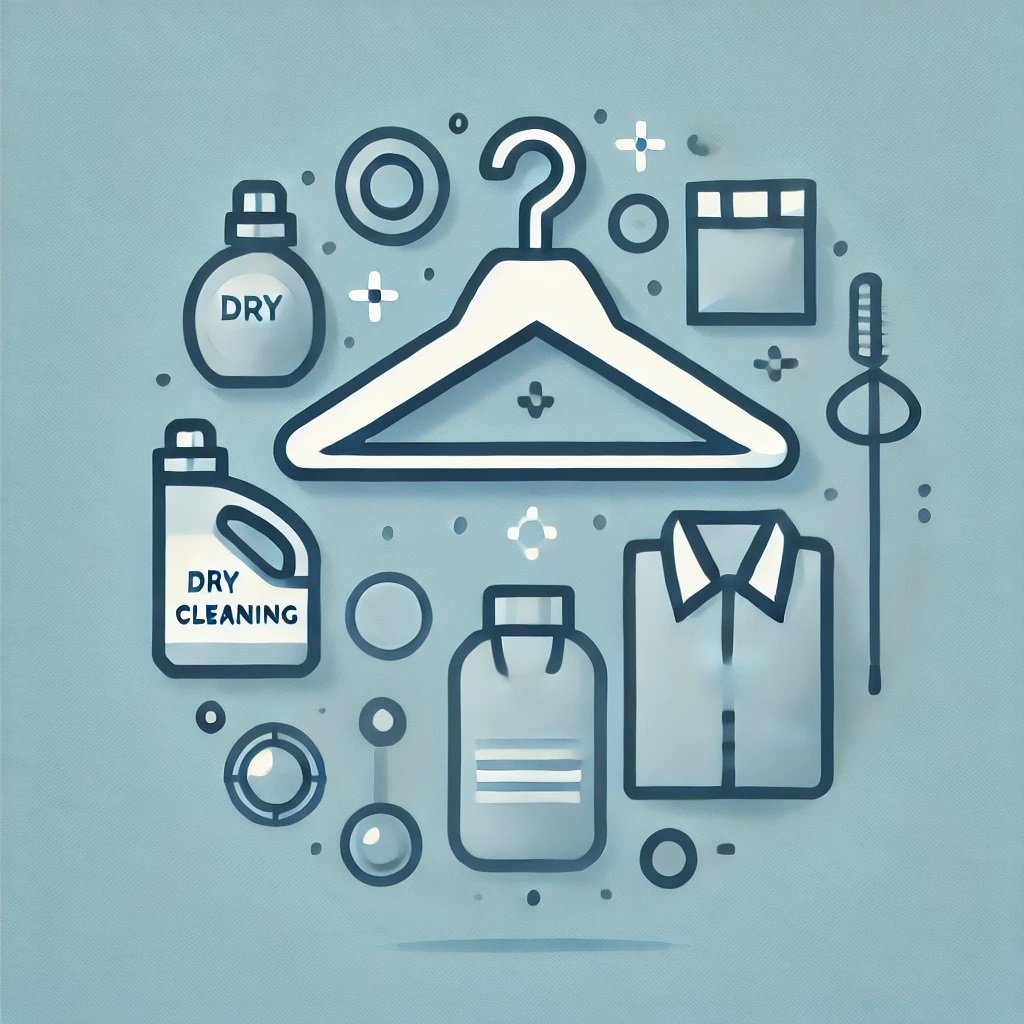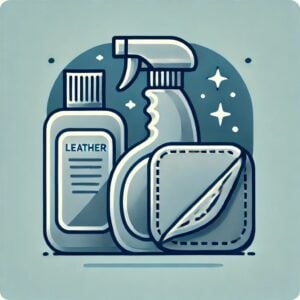How does the UFI creation and PCN notification service work?
After purchasing this service, you will receive access to the secure portal. This portal contains an overview of all steps. You fill in your product details and we will get to work.
Poison Center Notification & UFI
We will provide:
- Your product’s Unique Formula Identifier (UFI)
- A Poison Centre Notification (PCN) report
- Registration of your product with the relevant national Poison Centres via ECHA.
Countries for PCN registration
You can count the number of countries in which you want to register your product. This is the number of countries you need to purchase. You will be able to select the specific countries within the portal. If you plan to expand the sales of your products to new countries at a later date, then you can always order additional PCN country registrations.
The EU has 27 countries and the EEA has 30 (EU+Lichtenstein, Norway and Iceland) In the portal you can select these countries:
| Belgium | (BE) | Spain | (ES) | Hungary | (HU) | Slovakia | (SK) |
| Bulgaria | (BG) | France | (FR) | Malta | (MT) | Finland | (FI) |
| Czechia | (CZ) | Croatia | (HR) | Netherlands | (NL) | Sweden | (SE) |
| Denmark | (DK) | Italy | (IT) | Austria | (AT) | Germany | (DE) |
| Cyprus | (CY) | Poland | (PL) | Iceland | (IS) | Estonia | (EE) |
| Latvia | (LV) | Portugal | (PT) | Liechtenstein | (LI) | Ireland | (IE) |
| Lithuania | (LT) | Romania | (RO) | Norway | (NO) | Greece | (EL) |
| Luxembourg | (LU) | Slovenia | (SI) | Switzerland* | (CH) |
*For Switzerland we can create the PCN dossier, with all the needed information to make a submission in the Swiss portal. Contact us for more information.
CLP Label Information
We offer the option to purchase a CLP compliant product label, containing all mandatory information as required by the EU CLP Regulation. This will be provided as a PDF. This is not a design, but a summery of the required information. This will enable you to integrate the necessary information into your product label design. You can also order the CLP label creation separately. Already have a label? — We can do a CLP label compliance check of your label in accordance with current CLP requirements. We will provide detailed feedback and corrections to ensure your label meets all regulatory standards.
Poison Centre Notification for Dry Cleaning and Associated Products
Dry cleaning and associated products, which are used to clean textiles in non-aqueous processes, often contain solvents and specialized chemicals that can pose health or environmental risks if mismanaged. Under EU regulations, products classified as hazardous must undergo a Poison Centre Notification (PCN), ensuring that poison centers have immediate access to comprehensive safety information. This requirement supports rapid, accurate interventions in cases of accidental exposure and helps maintain a uniform standard of safety compliance across EU member states.
What is a UFI?
A UFI (Unique Formula Identifier) is a 16-character alphanumeric code that directly links a product to its precise chemical formulation. For dry cleaning and associated products, this code must be clearly displayed on the product label, typically near hazard symbols or safety warnings. In an emergency, poison centers rely on the UFI to quickly determine the product’s composition and provide accurate medical advice.
What is a PCN?
A Poison Centre Notification (PCN) is a mandatory submission for hazardous chemical mixtures sold in the EU. By submitting a PCN for dry cleaning products, manufacturers and distributors provide poison centers with detailed data—including chemical composition, hazards, and recommended first aid—ensuring effective assistance if an exposure incident arises.
What is CLP?
The Classification, Labelling, and Packaging (CLP) regulation standardizes how chemicals are identified and labeled across the EU. Products that meet the hazard classification, such as certain dry cleaning solvents, must carry appropriate hazard symbols, precautionary statements, and the UFI on the label. This labeling system helps inform users of potential risks and guidelines for safe handling.
What is the Poison Centre?
The Poison Centre is a collective network of national poison centers dedicated to providing guidance and medical support during chemical exposure incidents. Registering your dry cleaning products through a PCN ensures these centers can rapidly access the necessary data, facilitating accurate advice in emergencies and improving overall consumer and occupational safety.
Why is This Needed?
Dry cleaning agents frequently use non-aqueous solvents and chemicals that can cause respiratory issues, skin irritation, or other health hazards if inhaled, ingested, or contacted. A PCN guarantees that poison centers have detailed information on handling exposure, minimizing risks and protecting the public from serious harm.
Since When is This by Law Obligatory?
As of January 1, 2021, all hazardous chemical products placed on the EU market—including non-aqueous dry cleaning solutions—must be registered through a Poison Centre Notification under the CLP regulation. This ensures a consistent safety framework for chemical products across the EU.
FAQ
Question: Do all dry cleaning products require a PCN?
Answer: Only those classified as hazardous under the CLP regulation need a PCN. Products that do not meet the hazard criteria are exempt from this requirement.
Question: Where should the UFI be displayed on the product label?
Answer: The UFI must be placed near hazard symbols or safety statements on the label, ensuring quick identification in case of emergency.
Question: What details are needed in a PCN submission for dry cleaning products?
Answer: A PCN must include the product’s chemical composition, classification, recommended first aid measures, intended use, and any relevant packaging information.
Question: Are non-aqueous spot removers for textiles also covered by these regulations?
Answer: Yes, if the product is classified as hazardous, it falls under the same PCN and CLP requirements as other dry cleaning and associated products.
Question: Who is responsible for submitting the PCN?
Answer: Typically, the manufacturer, importer, or distributor placing the product on the EU market must file the PCN if the product is classified as hazardous.
Question: What are the penalties for failing to submit a PCN?
Answer: Non-compliance can result in fines, legal penalties, or product recalls until the necessary registration and labeling requirements are fulfilled.
Question: When did this PCN requirement become mandatory?
Answer: The requirement took effect on January 1, 2021, aligning with the EU’s CLP regulation for hazardous chemical mixtures.
Question: How long does it take to submit the UFI and PCN notification?
It takes us a few days’ work. As soon as you upload the documentation, we will get started right away.
Question: Am I the owner of the PCN notification?
Yes, you are the owner of the PCN notification. You retain full ownership of the data you provided. The PCN notification will be accessible in your ECHA account.
Question: Is this service for one product or more?
The service is for one product.
Question: Why do I have to pay to create a UFI?
The service we offer is not just about providing a UFI. The UFI is a component within a much more extensive process. The core service we provide is the preparation and submission of your Poison Centre Notification (PCN) to national appointed bodies through ECHA portal, which is a mandatory requirement under the EU CLP Regulation for placing hazardous mixtures on the market. Generating a UFI is simplest part. The PCN report, however, is complex. It demands detailed ingredient review—chemical classifications—formatted precisely for Poison Centre submission via ECHA.
Question: My company is not based in the EU, how can I submit a PCN?
We provide a solution for companies which are not based in the EU. You can find more information on the PCN & UFI for non-EU companies page.
Question: Can you provide Safety Data Sheets in full compliance with EU Regulation (REACH & CLP)?
Yes, we can create Safety Data Sheets (SDS)— also known as Material Safety Data Sheets (MSDS)— tailored to your product and compliant with the latest EU regulations. Whether you are manufacturing chemical mixtures, importing products into the EU, or distributing under a private label, a compliant SDS is legally required and essential for safe use throughout the supply chain. You will find more on the Safety Data Sheet (MSDS/SDS) Creation Service page.







